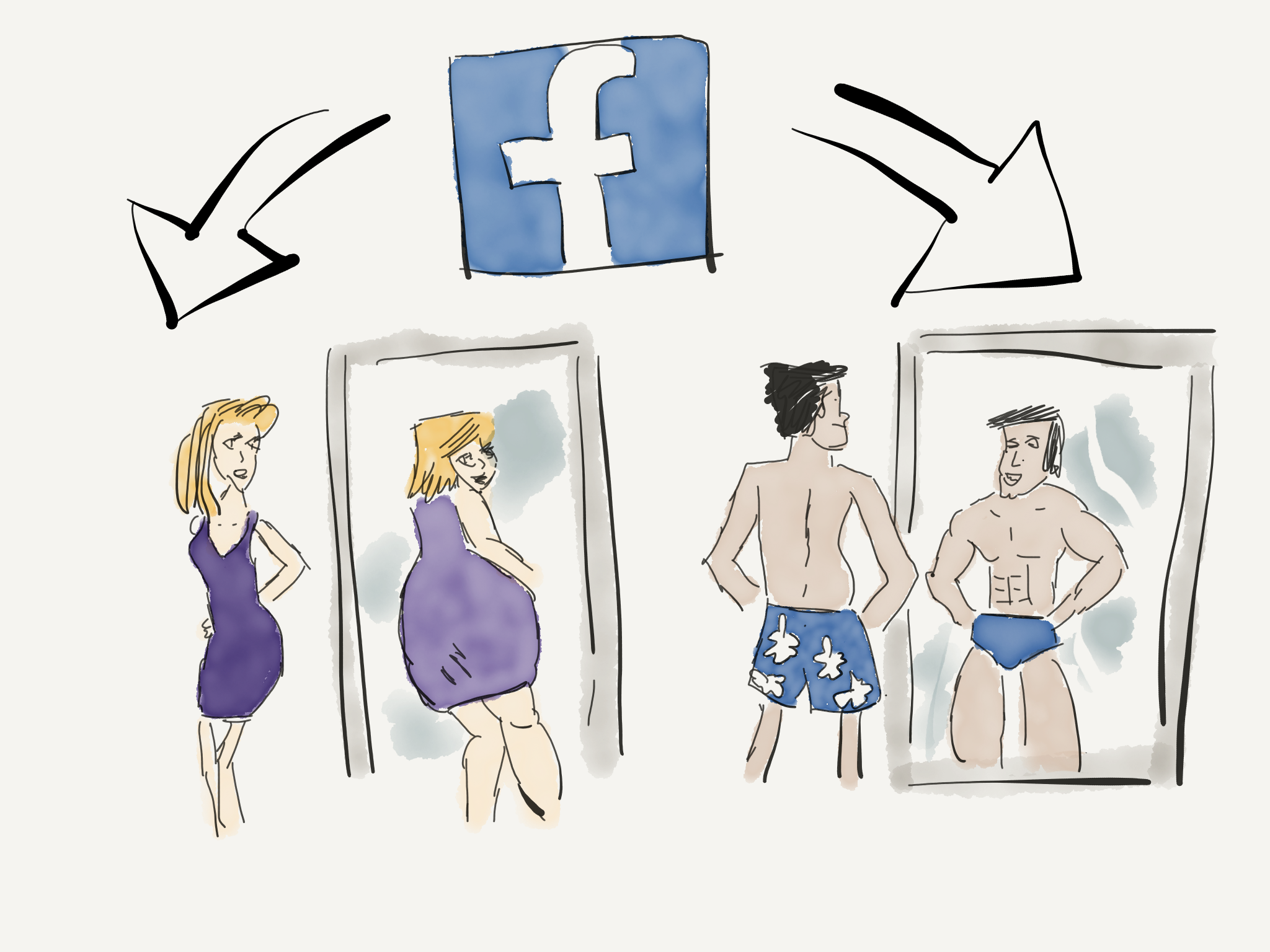
3 Ways Not To Hate Yourself in the Social Media Era
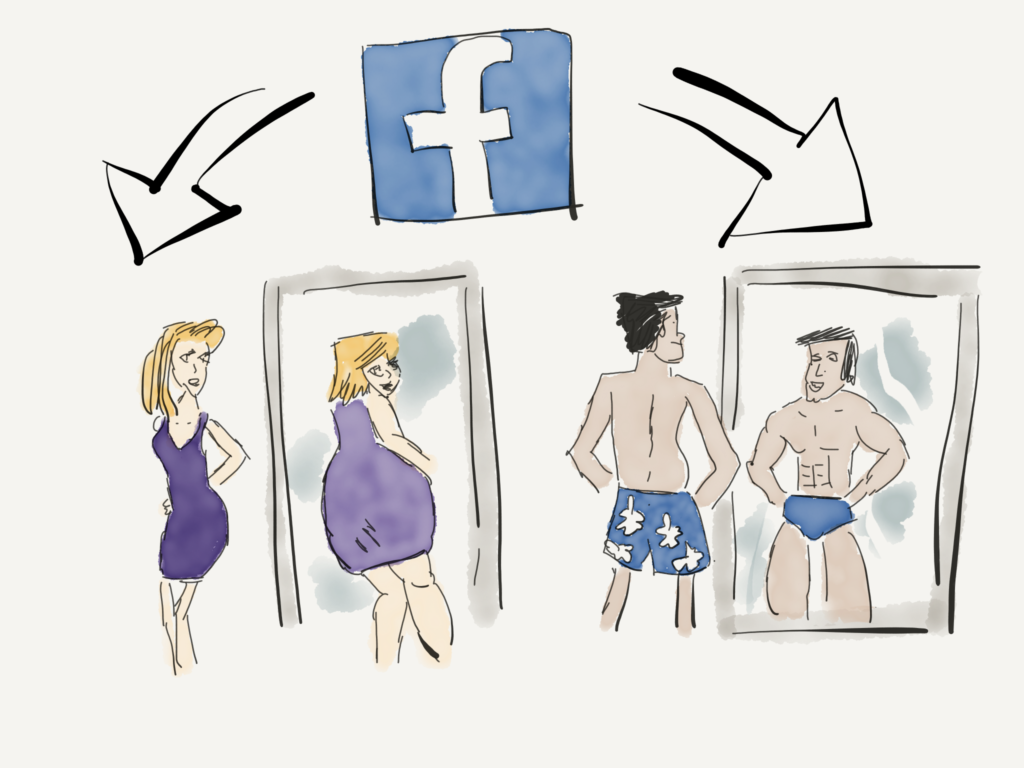
Do you ever find yourself going through your friends’ Facebook pictures or Instagram feed and then this weird feeling comes over you?
There’s this creeping feeling that you hate your life—just a weird feeling of comparison.
You don’t really know why you don’t feel well, but you can’t deny it: you feel like crap. You don’t really know where it comes from.
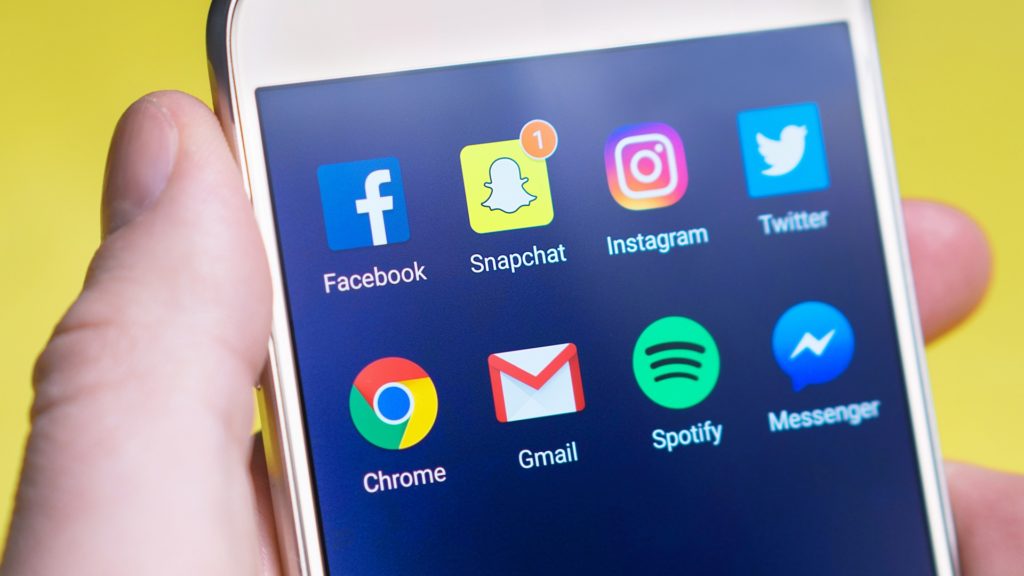
“Why am I not fitter?
Why am I not more successful?
Why don’t I go on those vacations, ’cause that beach looks really nice?
What’s wrong with me?”
Why Social Media Makes You Hate Yourself – And How to Make it Stop
The Social Media Mistake I Made the Other Day
The other day I was going through a friend’s Facebook feed. I noticed how well he was doing at work, how cool his vacations were, how attractive his girlfriend is, and all these things he was doing.
I was envious of how fit he’d become in the past few years, and how all these projects he was working on were materializing.
For a few hours, I felt like crap. It actually took me a few hours to realize it was social media causing me to feel this way.
And then the weirdest thing happened.
I realized that I was just as fit as he was.
I was more successful than he was.
All this stuff in my life was exactly the same as in his life.
We had the same life!
But when I was watching— it’s almost like I was watching this movie, this highlight reel— and it ended up still making me hate my life.
I thought that was really interesting, because I don’t know how I could have the same thing and yet feel inferior.
I’ve realized that this is kind of a hallmark of social media.
It’s not something that’s deliberately happening, but it’s something that we build—a persona on social media.
I have many friends where I don’t think they’re the same person in real life, as they are on Facebook, for example.
On Facebook, they try to be the expert, all super-famous. They act as if “I’m the guru” with all these people coming to them for answers.
But in real life, they’re not so confident. They’re not that interesting, they’re not that charismatic, and they don’t have very good conversational skills.
Since then, I’ve thought about some of the ways I can wean myself off social media to hate my life less.
Remember That Social Media is How We Want to be Seen… Not How We Actually Are
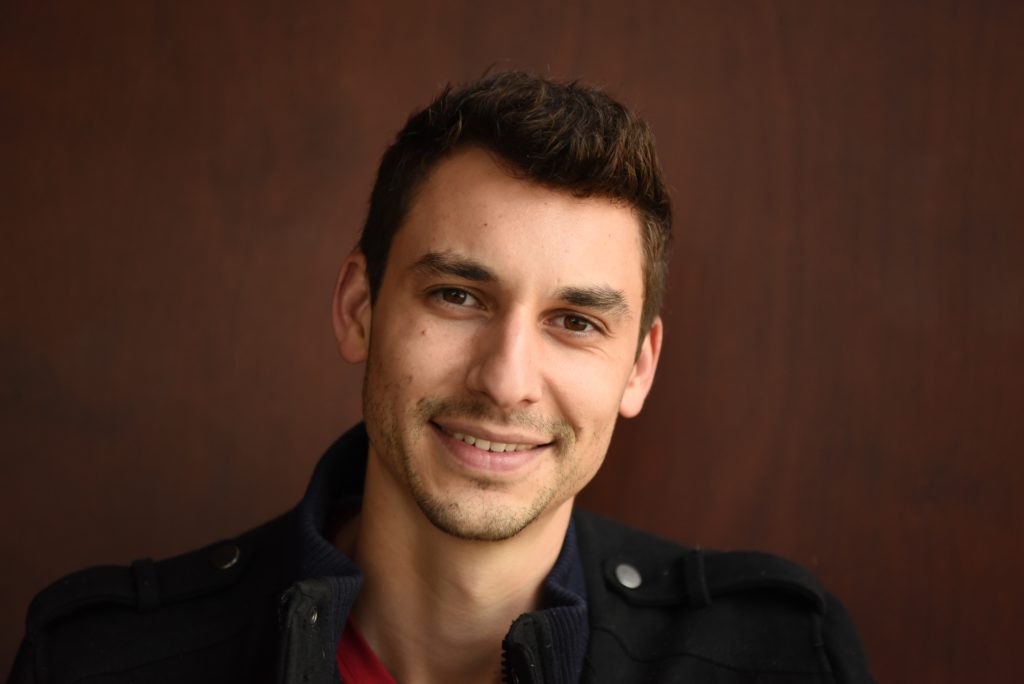
Do I look professional, like “I’ve made it” now?? Huh, Facebook followers???
Maybe some people are just being themselves on social media. They post a picture every now or then of a dog, a cat, their travels, or a picture of their butt flexing in the mirror.
But I think many people have this curated, fully edited, artificial, virtual reality version of themselves. It’s the reality where, in every picture, I look great. My nose is at the perfect angle. My eyes look good. My abs or my boobs, or whatever, look on point.
That’s not reality.
Social media is often the image we want to portray rather than who we actually are. If everyone is portraying some kind of image, how do you know what’s real?
How do you know who is real? How do you even know what you should be going after if almost all of it is artificial? If there’s so much vanity and there’s so much ego, and there’s so much shallowness that’s going on.
If no one is who they actually are, but instead, if we’re the way we want the world to see us, it’s almost like the blind leading the blind. It’s the fake, leading the faker, leading the fakest. Everyone’s imitating each other, so it’s a perpetual cycle of fakeness.
When you find yourself comparing yourself to other people like this, remember that a lot of things on social media are just people showing how they want to be seen and not how they really are.
Maybe that goes for your idol. Maybe that goes for someone you respect and you admire.
Maybe it goes for the random guy or girl you envy.
Maybe it’s that high school classmate that is doing so well, but you don’t have a damn clue how they’re really doing in the real world.
Social Media is not Real(ity)
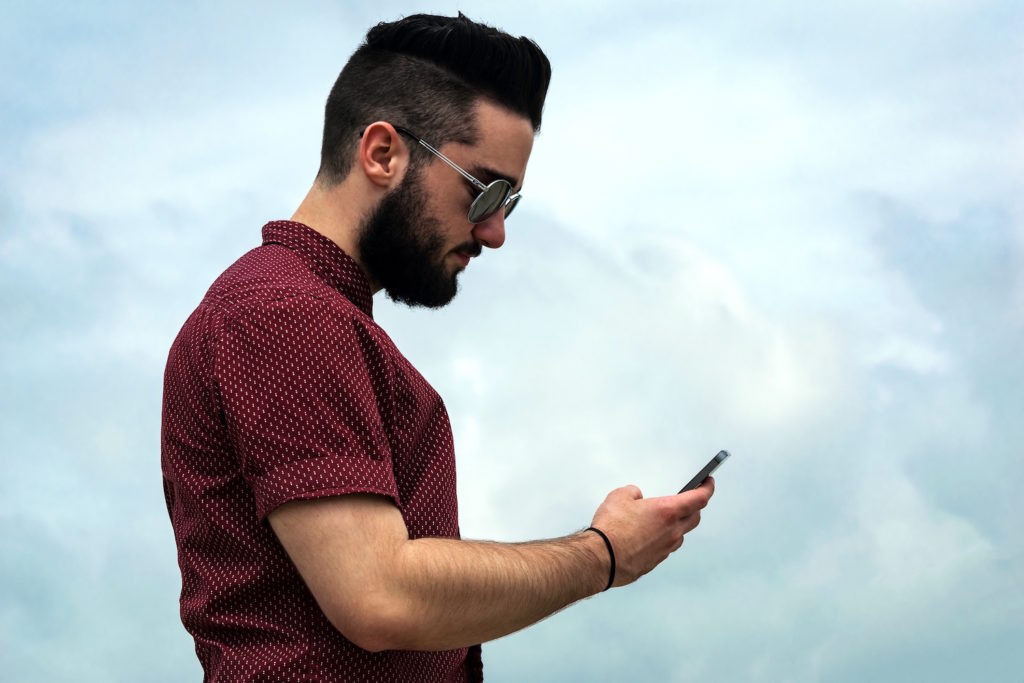
Think about the irony of this.
Social media is virtual reality. It doesn’t exist anywhere. It’s digital pictures and content that don’t physically exist.
We’ve built an alternate reality, almost as if we put ourselves in the body of SIMs. And in the SIMs’ body, we’re that fit dude or hot girl. Or the person with the nice, big house with a yard, a car, and three kids. It’s a complete virtual reality.
When you think about it, we’ve got a whole generation of kids and people that are being brought up in a reality that doesn’t even exist. It’s encouraging people to focus on the wrong things, because it’s helping them focus on virtual personas of the external, of the material.
Here’s a good example:
How often do you see people where their social media feed is really spiritual things?
How often do you see that?
Their feed is filled with pictures of meditation and monks, and maybe even themselves meditating.
Maybe they are doing healthy, spiritual things without a single picture of their physical body, or a single picture of the meals they ate that day, or a single picture of somebody flexing or doing a yoga pose, or in a nice tropical location or of an attractive woman or an attractive guy.
How often do you see that?
If thoughts are things, then we become what we think about. If you think about life like that, look at what social media’s creating. It’s creating a world where most of us are focused on the wrong things.
It’s disappointing to me, because if we’re focusing on what’s not real, maybe there are more people focusing on their virtual persona than the one in real life.
It makes me afraid—if people focus more on the virtual reality than on their actual, daily reality, then what kind of world is this going to create? People with followers, but in reality, lives that are in shambles. It’s interesting, the dual life paradox.
We Think We’re “Saving the Moment” But We’re Actually Losing It
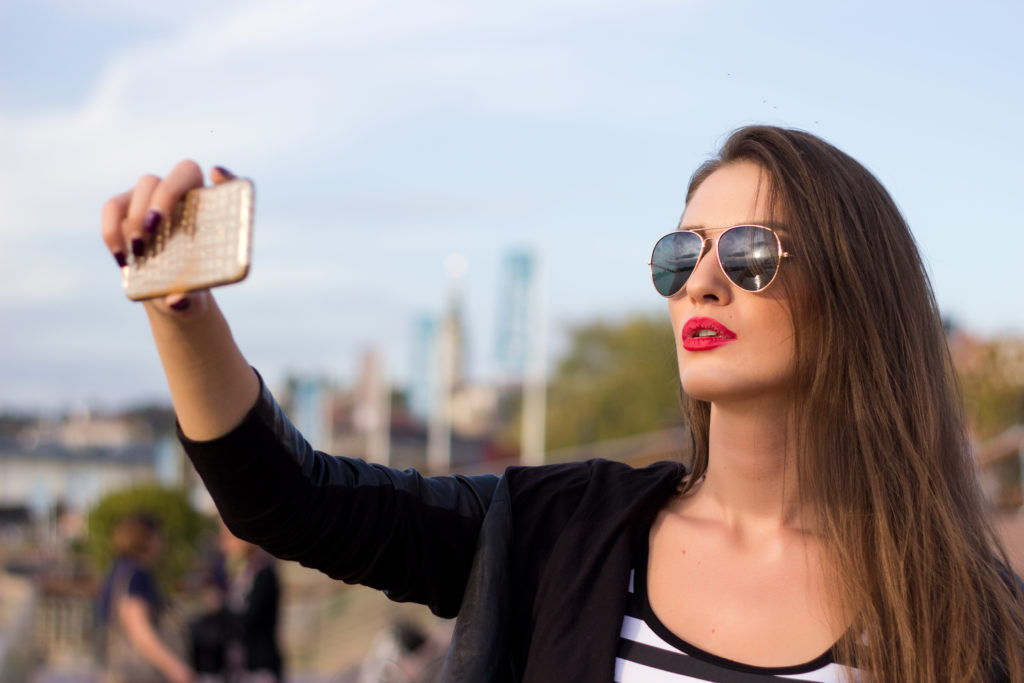
The paradox is that we think we are savoring the moment by taking that picture, writing that article, shooting that video – but the paradox is that we just missed life.
We see this incredible sunset. What’s the first thing we do? Pull out the phone and put it on freaking Snapchat.
We see a beautiful woman, or a great looking guy, or a famous person —what’s the first thing we do? Take a picture, take a video:
“Can we take a picture together so I can prove my value to my friends later?”
All of these miraculous opportunities (mom’s 60th birthday, that beautiful beach in Thailand)—we think we can somehow capture with technology.
The irony is we’re sitting here… and reality is happening here, now… and we just missed all of it.
We missed the experience.
This virtual reality generation has been something heavily on my mind lately. I think social media not only makes us hate ourselves, but it also encourages us to focus on our digital persona (what’s not real) versus our real selves in daily life.
If this next generation is more concerned with how they look, versus how they actually are, what kind of world are we going to live in?
-Alex
